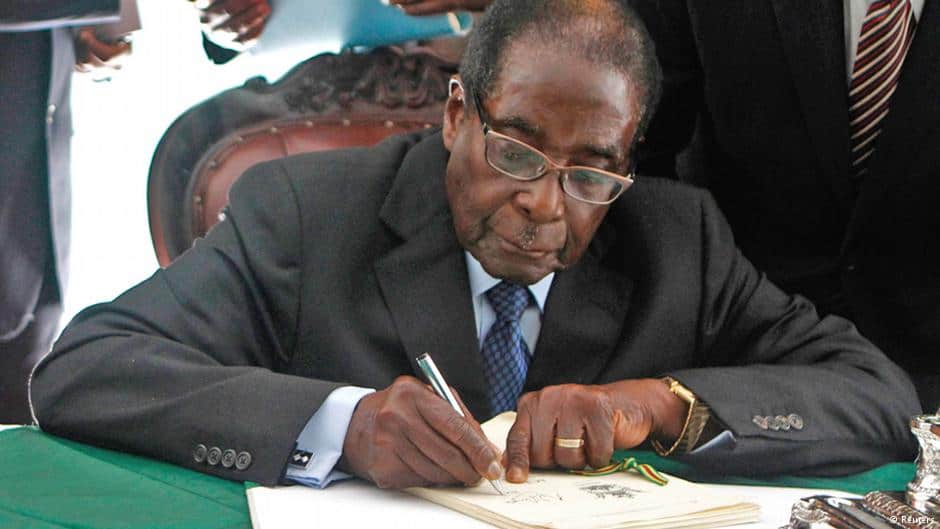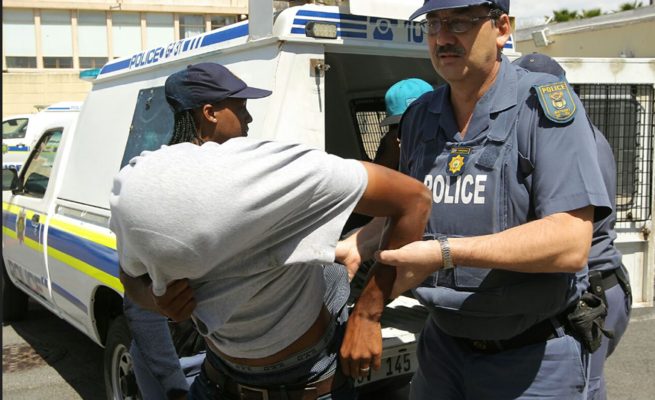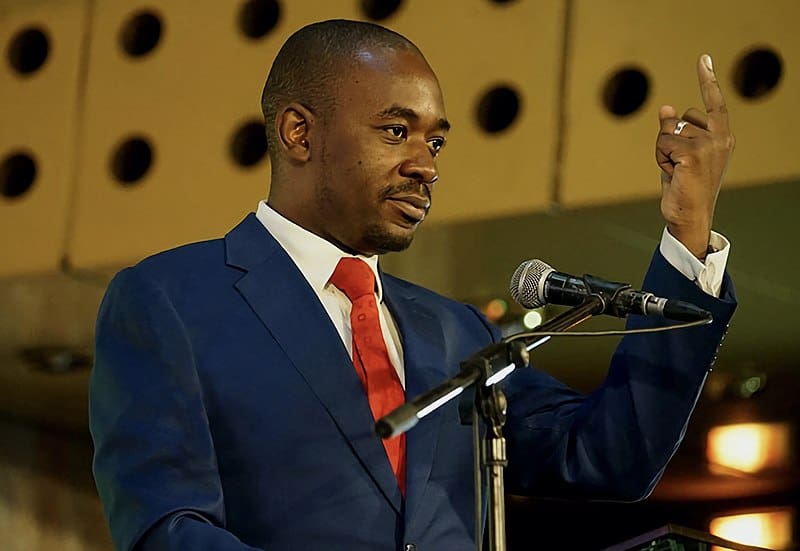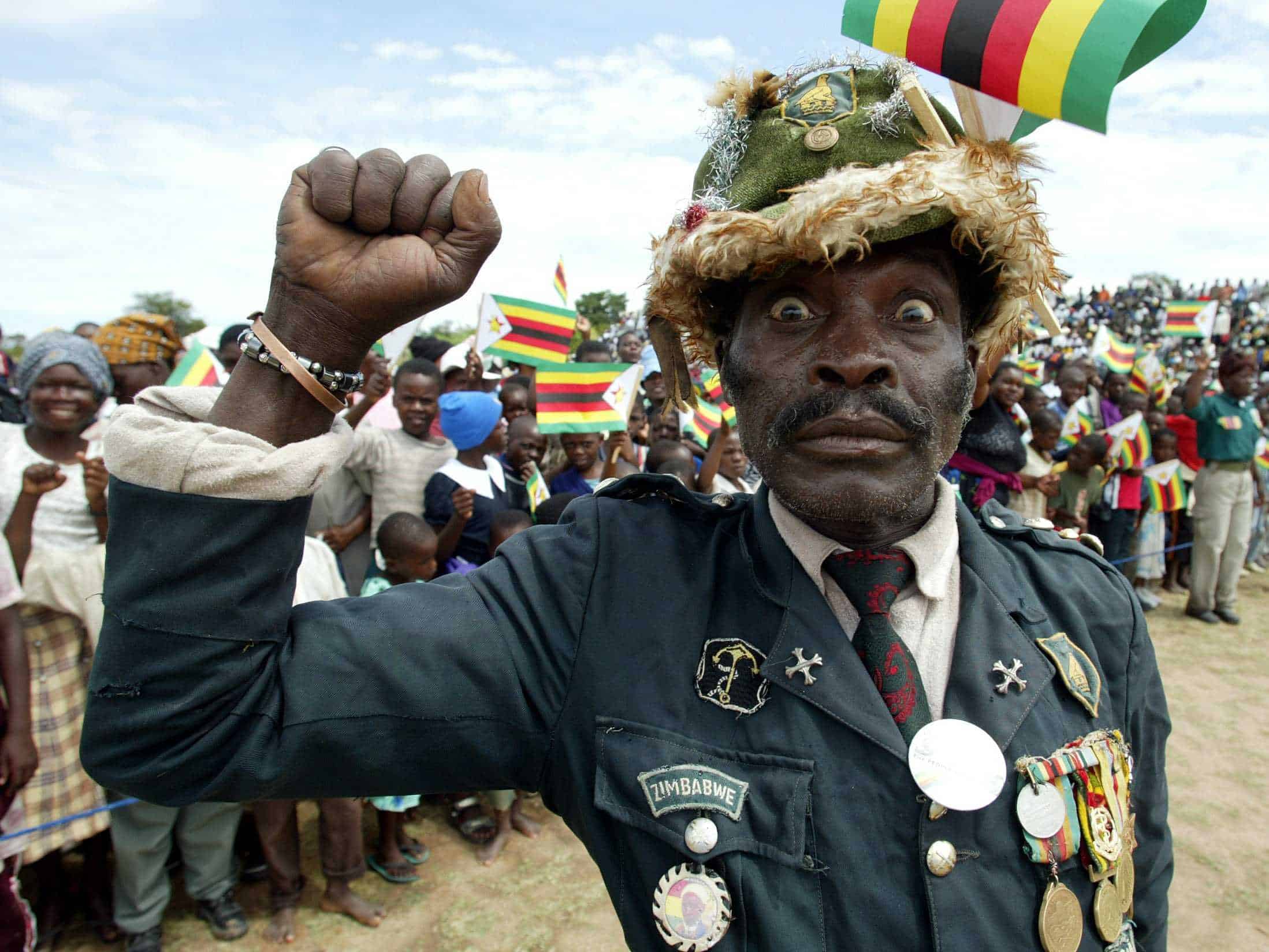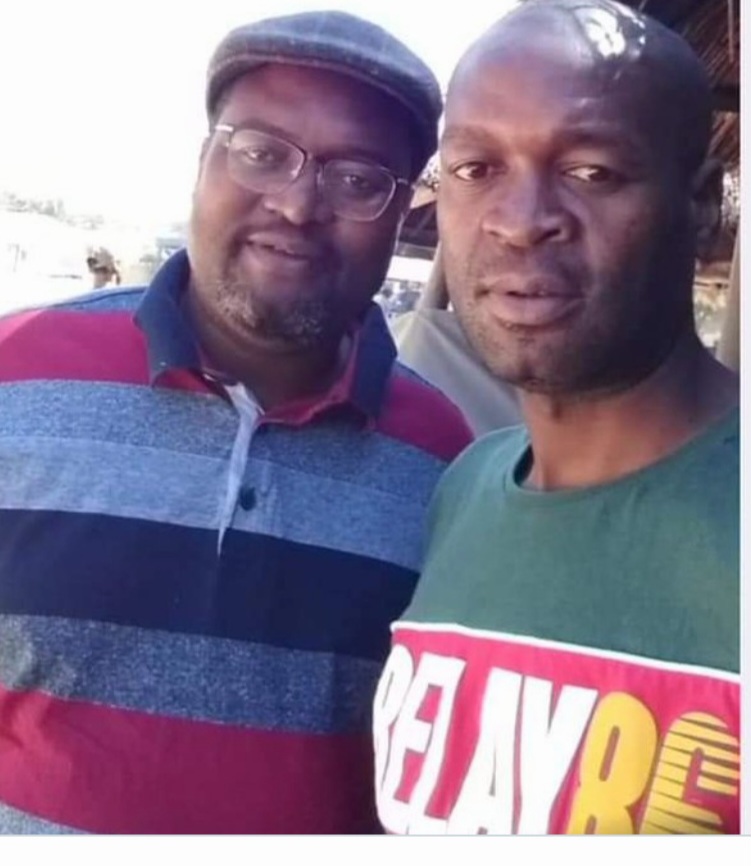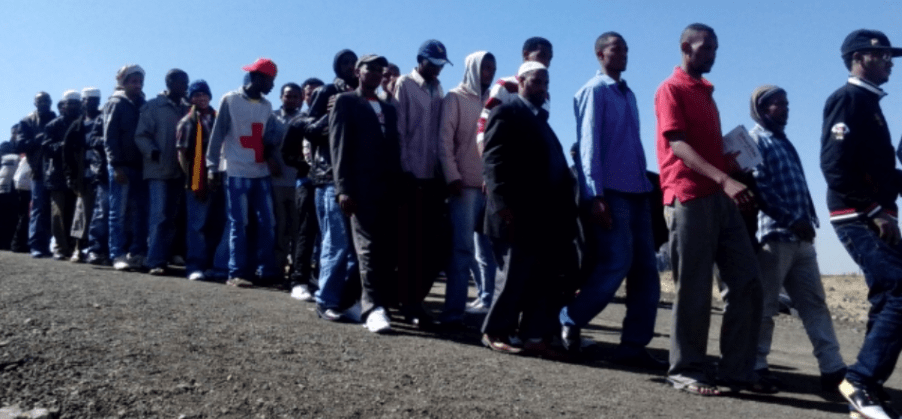…prefers invoking ‘Prerogative Powers’ to a democratic bill
Charles Mabhena
Despite the Zimbabwe National Defence University Bill having had gone through both Houses of Parliament, and have been ready for his assent, President Robert Mugabe could only let it lapse, vanish, and die still birth at the end of the last Parliamentary session.
The bill sought to transform the National Defence College (NDC) into a university.
According to a parliamentary watchdog, Veritas Zimbabwe, the bill had reached such an advanced stage that it had even been allocated its annual number as Act No. 2 of 2016, but Mugabe have threw it away in preference to prerogative powers vested in his office and did otherwise.
In a Presidential proclamation published in the Government Gazette on 3 March, Mugabe disregarded the bill and instead invoked the common law to do with prerogative powers of the President in the sphere of defence and national security to turn the college into the Zimbabwe National Defence University (ZNDU) and granted it a Charter.
The Charter, though similar to the ones used for private universities established under the Zimbabwe Council for Higher Education Act, it has modifications in relation to the university’s close ties with the Defence Forces, such as that it is successor to the NDC and that its chief academic and administrative officer is the ‘Vice-Chancellor and the Commandant.’
Meanwhile, Veritas Zimbabwe says this use of such powers in this regard is a novel development, with no precedent since Independence. The watchdog says the only precedent was a pre-Independence one established by the Royal Charter of the University College of Rhodesia and Nyasaland, now University of Zimbabwe.
This took place in the 1950s against an entirely different constitutional background to the current Constitution. Veritas says the development leaves sour taste and speculation to many as to what else the President and his advisers will think next as far as the use of prerogative powers is concerned, as well as to what are the limits of those powers.
As if to prove that he has become the master in the act of circumventing democratic processes, this is not the first time, Mugabe did the same with the selection of Chief Justice, while the Justice Service Commission was busy interviewing candidates for the post, the President was busy amending the Constitution to allow him powers to single-handedly pick the Chief Justice of his choice.

